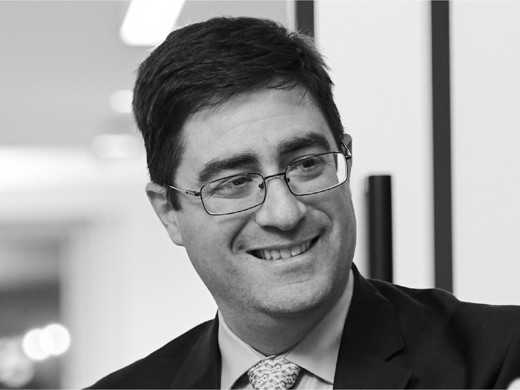Colibri Heart Valve: Legal finance helps medical device company to protect its patent rights




Innovation in the healthcare and medical device industries is crucial to discovering new lifesaving technologies. However, innovation is inherently risky and expensive. Companies and inventors that invest their time and money into groundbreaking new technologies…